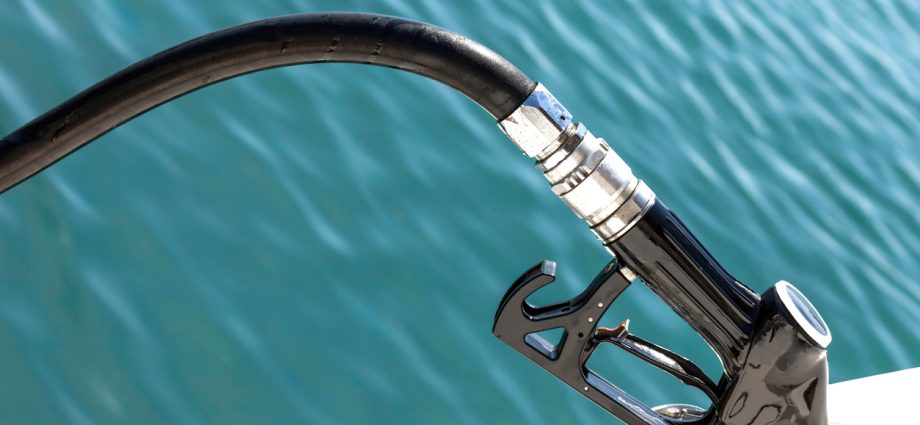When looking at the different options for your boat fuel, you have probably seen phrases like, “fuel additive,” and “ethanol-free,” in some places. The question is, what does that mean and why is it important? First, let’s look at what ethanol is, why it was put in fuel, and what effects it can have on your boat’s engine.
It all started when President George W. Bush signed the Energy Policy Act of 2005, requiring oil companies to add ethanol to their gasoline. This made many farmers happy because ethanol is made from corn, so farmers started growing more corn and making more money! Ostensibly, the mixture of up to 10% ethanol was made “standard” in order to save the environment. Whether this goal was achieved or not is really up to speculation, but if you want to have a good chuckle, go read the AP’s Timeline of Recent Ethanol Events.
See, ethanol is a gasoline additive but it is *not* gasoline, and as such, does not burn the same, or act the same when stored for any amount of time (like in your boat’s fuel tank). Ethanol has a tendency to attract moisture, which in time will cause what is called “phase separation.” According to PetroClear:
Phase separation occurs when enough water contaminates the gasoline, causing the ethanol to attach itself to the water molecules, leaving two distinct layers in the storage tank, a gasoline-only layer at the top and an ethanol/water “cocktail” along the bottom
PetroClear
If this sounds like a bad thing – it is. Engines don’t like to run on ethanol/water cocktails, no matter how tasty that sounds. These days, this is not an uncommon problem that afflicts boats and their engines. When it happens to you, you’ll need to pump out all the separated fuel from your tank(s), and start over. This gets rather expensive because not only are you forfeiting all of that bad fuel, but you’ll also have to pay for the disposal of said bad fuel.
Even if you are fortunate enough to avoid phase separation, ethanol still has some other lovely effects you should be aware of: Over time, ethanol will deteriorate plastic fittings, such as filter cups, fuel separator bowls and can break down fuel lines. It can also plug up injectors and gum up carburetors.
Yes, there are additives you can buy and put into your tank in order to slow down this process, but they only help for so long. The simple fact is:
Your boat hates ethanol!
So, when looking for gas for your floating castle, you might want to consider somewhere with ethanol-free fuel. There’s a number of places on the Potomac where you can get ethanol-free fuel, and the options are growing. True, it’s more expensive at first, but it will probably save you a ton of cash on upkeep of your engine and fuel tanks. If your boat runs on diesel, then you’re all good. For now.


